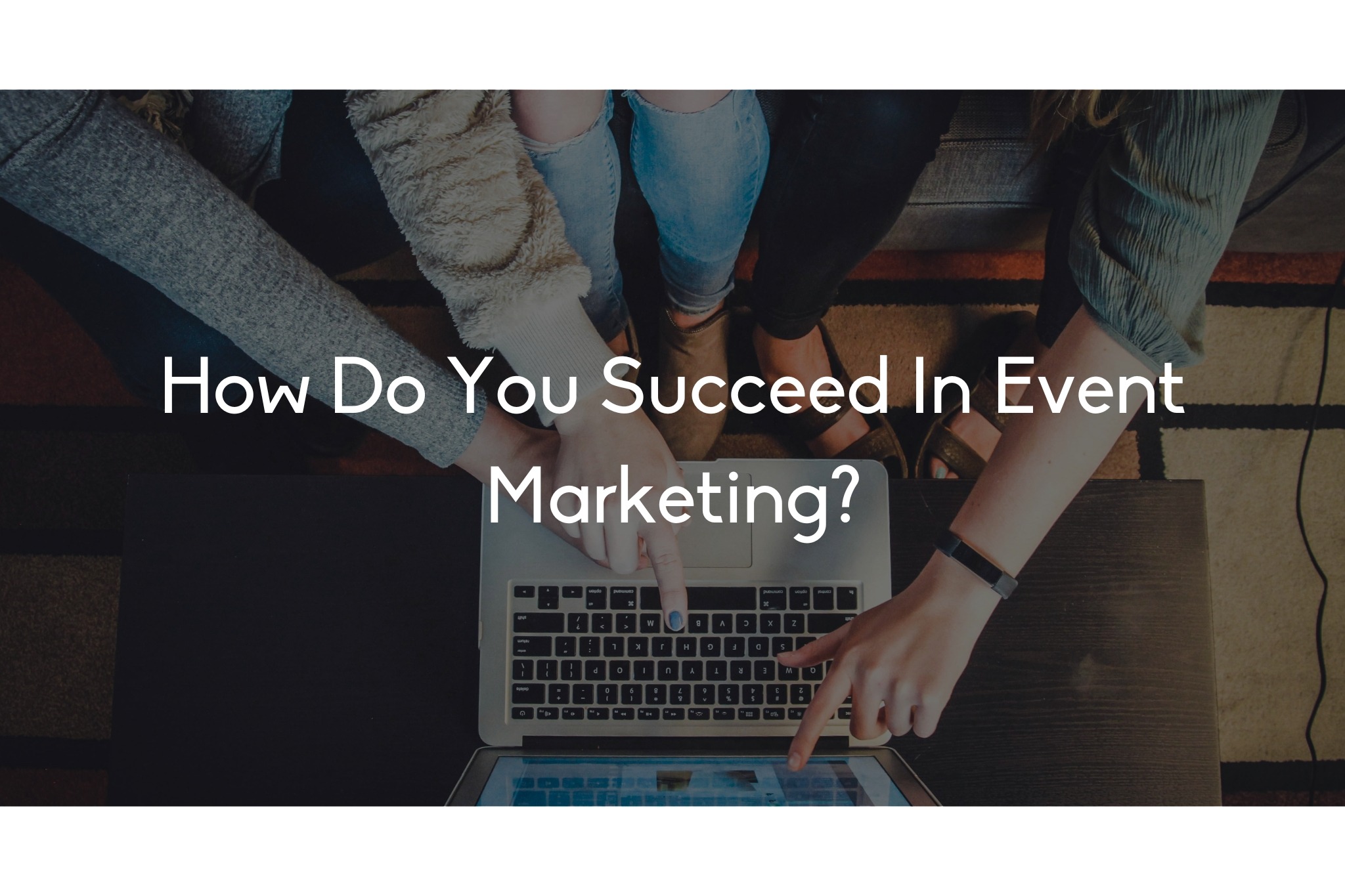
Event marketing is like throwing a party, but with higher stakes and more ROI. Whether you’re hosting a small workshop or a large-scale conference, the success of your event hinges on how well you can capture attention, create engagement, and drive results. It’s not just about the day of the event—it’s about everything leading up to it and what happens afterward. The big question is: How do you succeed in event marketing? Let’s dive in.
To succeed in event marketing, you need a well-rounded strategy that encompasses planning, promotion, execution, and follow-up. Each step is crucial, and skipping any one of them can lead to missed opportunities. The foundation of success lies in understanding your audience, setting clear goals, and leveraging the right channels to spread the word. But, there’s more to it. To truly shine, you need to create an experience that resonates and leaves a lasting impact.
In today’s digital age, where online interactions dominate, face-to-face connections have become even more valuable. Events offer a unique opportunity to engage with your audience in a personal and meaningful way. But with so many events vying for attention, how do you stand out? The key is in how you market it. Effective event marketing isn’t just about filling seats; it’s about building buzz, fostering relationships, and driving action. It’s an art and a science—one that can significantly boost your brand’s visibility, credibility, and bottom line.
Every successful event begins with a deep understanding of who you’re targeting. Your audience should dictate every aspect of your event marketing strategy. What are their pain points? What do they care about? What will make them take time out of their day to attend your event? Use data, surveys, and social listening to gather insights. The more you know about your audience, the better you can tailor your messaging and offers to resonate with them.
Before you dive into the nitty-gritty, establish clear and measurable goals. Are you aiming to generate leads, build brand awareness, or create networking opportunities? Your objectives will guide your entire strategy, from how you promote the event to how you measure success afterward. Without clear goals, you’re essentially shooting in the dark, hoping something sticks.
Your messaging is what will set your event apart from the sea of others. It’s not enough to just say what your event is about; you need to tell people why they should care. What’s in it for them? Highlight the benefits, the unique aspects, and the value they’ll gain by attending. Your messaging should be clear, consistent, and tailored to your audience’s needs and desires.

Not all marketing channels are created equal, and not all will be right for your event. Consider where your audience spends their time online and offline. Social media is a given, but don’t overlook email marketing, influencer partnerships, and even traditional media if it fits your demographic. The key is to meet your audience where they are, using the channels that will best capture their attention and drive engagement.
Content is the fuel that drives your event marketing engine. From teaser videos and blog posts to social media updates and email campaigns, every piece of content should be designed to build anticipation and interest. Engage your audience with sneak peeks, behind-the-scenes content, and interactive elements like polls or contests. The more engaged your audience is before the event, the more likely they are to attend and participate actively.
The early bird catches the worm—and in event marketing, the earlier you start promoting, the better. Create a timeline that maps out your promotional efforts from the moment you announce the event to the day it takes place. Use a mix of channels to reach your audience, and don’t be afraid to repeat key messages. Repetition builds recognition, and the more people see your event, the more likely they are to register.
The event itself is just one part of the equation. To truly maximize your ROI, think about how you can continue to engage your audience before, during, and after the event. Offer exclusive content, follow-up materials, or discounts for future events. The goal is to create a lasting impression that extends beyond the day of the event and keeps your audience coming back for more.
Once the event is over, the work doesn’t stop. Measuring your results is crucial to understanding what worked, what didn’t, and how you can improve next time. Look at key metrics like attendance rates, engagement levels, and post-event feedback. Use this data to refine your strategy for future events, and don’t be afraid to pivot if something didn’t go as planned. Continuous improvement is the name of the game.
Succeeding in event marketing is about more than just throwing a good party—it’s about strategic planning, targeted promotion, and ongoing engagement. By understanding your audience, setting clear objectives, crafting compelling messages, and leveraging the right channels, you can create an event that not only draws in attendees but also leaves a lasting impact. Remember, the event itself is just one part of the puzzle; how you market it and what you do afterward are just as important. With the right approach, your event marketing efforts can lead to meaningful connections, increased brand awareness, and tangible business results. So, go ahead and start planning your next event with these tips in mind—success is just around the corner.
